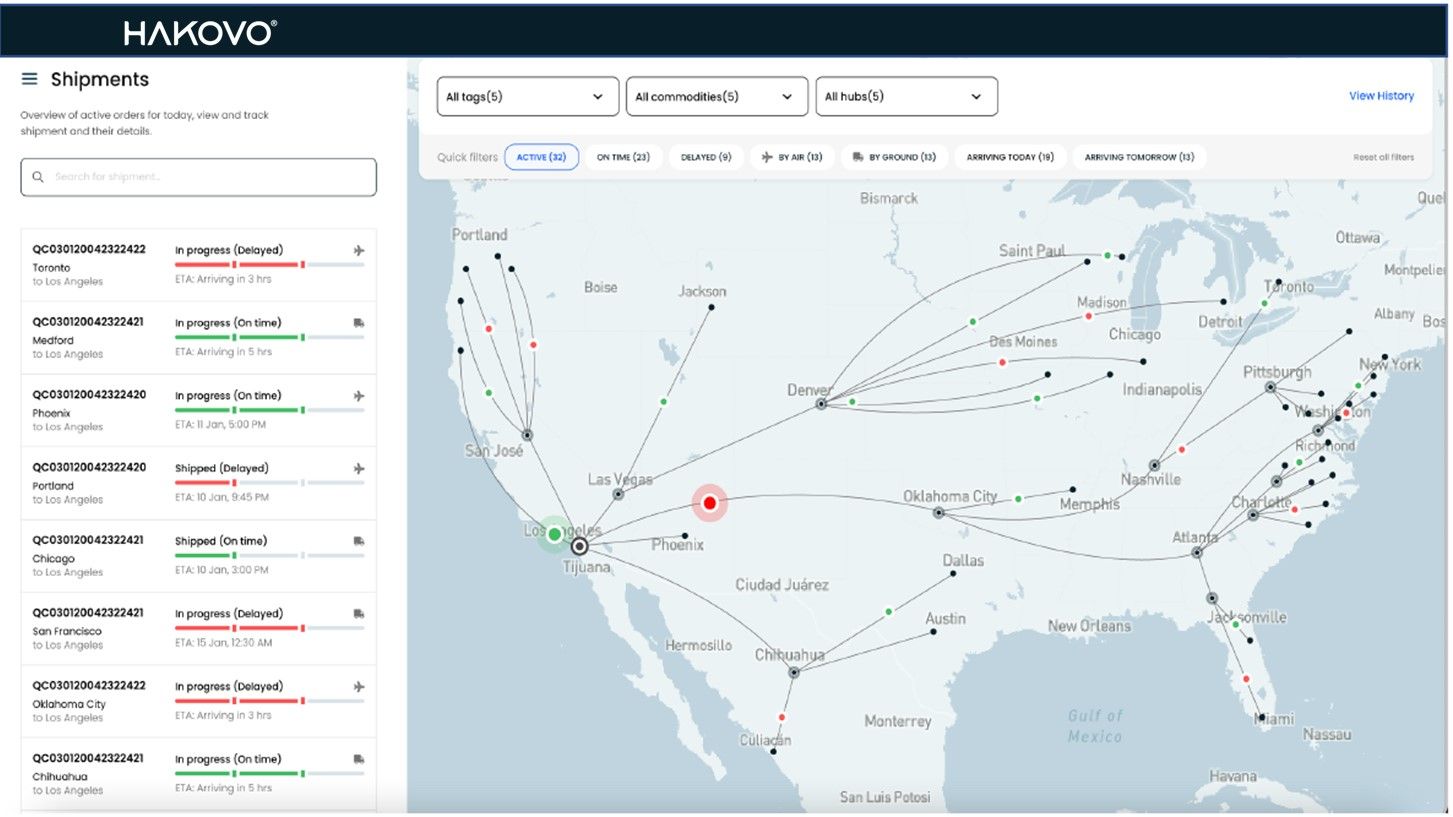Recent supply chain network optimization is a strategic process that improves supply chain performance by leveraging AI/ML-based algorithmic modeling. Its main aim is to maximize efficiency and reduce costs involved in planning the end-to-end movement of goods. Essentially, it’s about making the supply chain run smoother, more efficiently, and better overall.
~How does supply chain optimization work?~
Supply chain optimization involves several key steps to enhance efficiency and reduce costs in the movement of goods. Here’s a high-level overview:
Data Collection and Analysis:
- Gather data on suppliers, transportation, inventory, demand, and costs.
- Analyze historical data to identify patterns and trends
Modeling and Simulation:
- Create mathematical models (e.g., linear programming, network flow) to represent the supply chain.
- Simulate scenarios to evaluate different strategies.
Network Design:
- Determine the optimal number and location of facilities (e.g., warehouses, distribution centers).
- Consider factors like transportation costs, lead times, and service levels.
Inventory Management:
- Optimize inventory levels to balance cost and service.
- Use techniques like safety stock, reorder points, and economic order quantity (EOQ).
Transportation Optimization:
- Optimize routes, modes, and carriers.
- Minimize transportation costs while meeting delivery requirements.
Demand Forecasting:
- Accurate forecasts help plan production and inventory.
- Leverage statistical methods and machine learning for better predictions.
Collaboration and Visibility:
- Improve communication across supply chain partners.
- Real-time visibility into inventory, orders, and shipments.
Continuous Improvement:
- Monitor performance metrics (e.g., fill rate, on-time delivery).
- Adjust strategies based on changing market conditions.
Supply chain optimization is an ongoing process, adapting to dynamic business environments and evolving customer demands.




